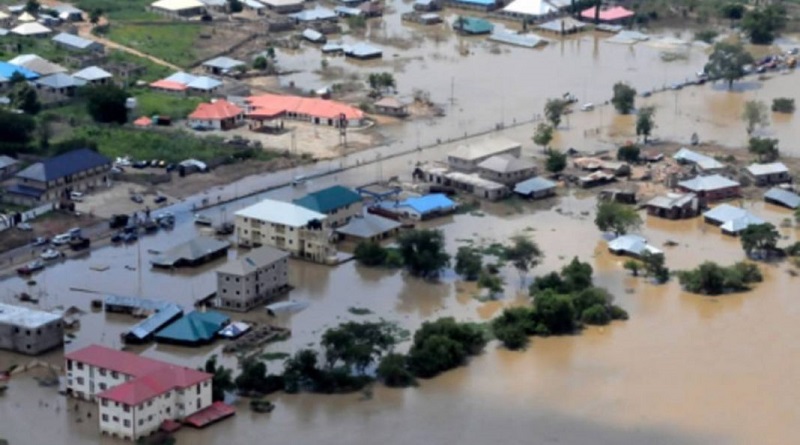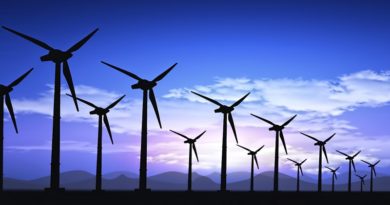Floods: Sudan declares three months state of emergency
As the global community continues to fight the COVID-19 pandemic, Sudan has declared a three-month state of emergency after the worst flooding in 32 years killed 99 people, damaged more than 100,000 homes and affected more than half a million people. The flooding is not only taking place in Sudan, heavy rains have also pounded Senegal, Niger, Nigeria, Burkina Faso, Chad and Cameroon, leading to devastating floods that have killed dozens and displaced thousands of people.
In reaction to this, Landry Ninteretse the Africa Team Leader at 350.org said, “As we can see from the happenings across the Sahel region, climate change is real and will continue being with us not unless urgent measures are taken to limit the rise of global temperatures.
Climate change requires global collective solutions. It is unacceptable for the most under-resourced parts of the world to continue bearing the brunt of climate change, despite having the least responsibility for rising emissions. International financiers and development partners must put an end to all financing of fossil fuel infrastructure, a leading cause of climate change. That is the real global climate leadership we need that charts a bold path forward to a just, sustainable, and livable future for all, focusing on the people and the planet.
As leaders across the world take urgent steps to ensure both immediate relief and long-term recovery from the effects of COVID-19, this should not be a missed opportunity to tackle the climate crisis which is still here with us and not waiting for us to recover from this global pandemic.”
In a year that is predicted to be the hottest on record, numerous climate-related events have been witnessed across Africa, such as the drought being witnessed in Southern Africa that has contributed to over 50% of the population of Zimbabwe facing hunger, the largest locust invasion seen in 25 years in East Africa, and floods in Kenya where over 237 people lost their lives and 800,000 people displaced.
The most vulnerable communities that are currently coping with the COVID-19 pandemic are the same ones that face the hardest impacts of climate breakdown.




